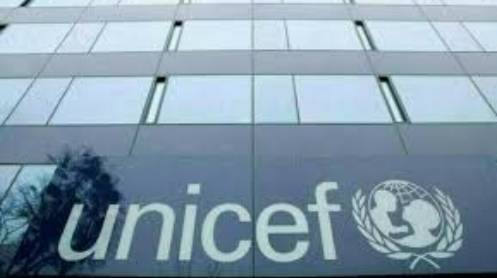ISLAMABAD/NEW YORK, 31 May 2024 – A new UNICEF study highlights that investing in resilient energy for health facilities in Pakistan could prevent over 175,000 deaths by 2030 and contribute $296 million to the economy by 2044 through reduced maternal, adult, and infant mortality, and a lower disease burden.
Resilient energy, defined as a reliable and flexible power supply capable of withstanding and recovering from shocks like power outages and floods, is crucial for the nation’s health, education, and water services. This investment could triple returns and significantly benefit children’s education, potentially reducing dropout rates and boosting future earnings.
Providing resilient electricity to schools could add $2.3 billion to Pakistan’s economy by 2040, addressing the education emergency and helping 26 million out-of-school children return to classrooms. With extreme heatwaves pushing temperatures over 50°C, the demand for electricity has surged, making reliable energy essential to prevent health complications in children.
UNICEF’s Abdullah Fadil emphasized the critical need for resilient energy solutions to safeguard children’s lives, enhance well-being, and drive economic growth. The ongoing climate crisis, highlighted by the 2022 floods that damaged nearly half of Pakistan’s water structures, underscores the urgency of this transition.
UNICEF’s efforts include restoring water systems and implementing solar energy projects, such as hospital solar systems to ensure continuous power. The study calls for greater investment in green energy solutions, supportive policies, and public-private partnerships to achieve a sustainable energy transition.
“Investing in renewable resources is tapping into a goldmine for helping children,” added Fadil. “Private sector involvement is crucial as public sector resources alone are insufficient. This is everybody’s business.”







